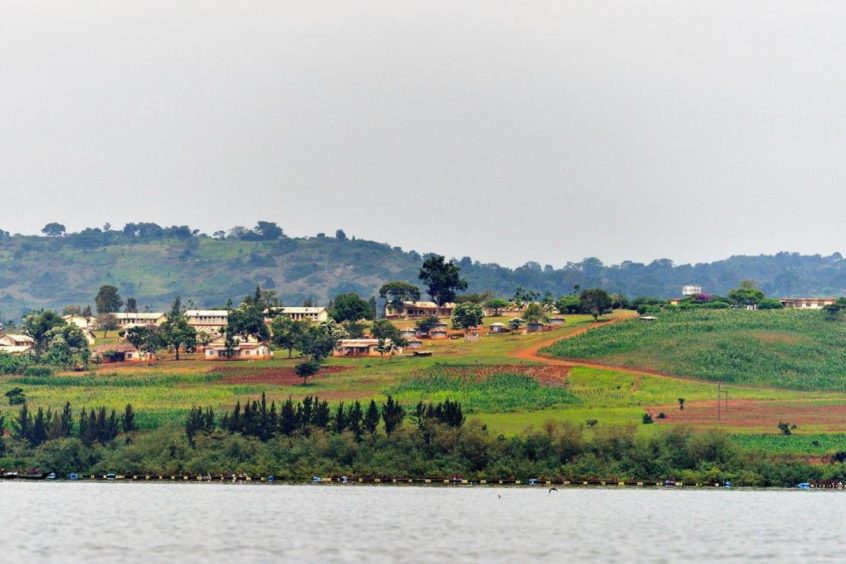
Insurers should move faster away from hydrocarbon coverage, Insure Our Future has said. The group has suggested insurers may also seek damages from large emitters.
The group has published its annual scorecard today, ranking the top 30 insurers on how they work in fossil fuels.
Insure Our Future said Aviva, Hannover Re and Munich Re had done the best in moving away from oil and gas, while the worst included the US’ Berkshire Hathaway and Starr, and Bermuda’s Everest Re.
It also singled out Lloyd’s of London for setting out a plan to exit coal in 2020 but then backtracking.
Insure Our Future noted Marsh’s work arranging insurance for the East African Crude Oil Pipeline (EACOP). The pipeline is a “climate bomb”, the group said. It would also take land away from locals, while running the risk of oil spills, the report said.
The group said 20 banks, 16 insurers and four export credit agencies had rejected involvement in EACOP.
Marsh was previously involved in insuring an Adani coal mine in Australia but pulled out in June. Some Marsh employees have asked for its leadership to reconsider involvement with EACOP, but so far it is holding on.
Global co-ordinator for Insure Our Future Peter Bosshard described insurance as the “Achilles heel” of the fossil fuel industry. “All insurance companies must immediately align their businesses with the 1.5C goal of the Paris Agreement and cease insuring new coal, oil and gas projects,” he said.
The group sees the progress made on restricting finance for coal as leading the way for oil and gas. Coal projects, outside China, is essentially uninsurable.
Litigation
Taking it a step further, Insure Our Future has speculated that insurance companies could take fossil fuel producers to court “and force them to pay up for the losses they are creating”.
This is driven by insurance companies becoming increasingly aware of extreme weather risks to their business – and a matching hike in rates for exposed businesses.
The group’s report cited an AXA survey which said 60% of risk managers believed that “certain geographies or activities” will become uninsurable owing to climate change. The emerging discipline of “attribution science” links disasters to fossil fuel companies.
